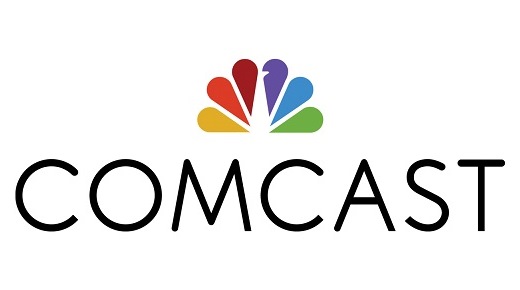Media
Time Warner Cable Investors May Not Have Much Risk in Comcast Deal
Published:
Last Updated:
Merger investors and media investors alike have had a lot to fear and to bet on around the pending acquisition of Time Warner Cable Inc. (NYSE: TWC) by Comcast Corp. (NASDAQ: CMCSA). It may not be a surprise that the regulators are giving the merger a hard time, but Time Warner Cable investors might not have as much to fear as some investors think, if this merger ends up being blocked. They might not be able to count on a merger at all, but it seems as though much of the downside has already been factored into the shares.
Merging the top cable television providers would have been regulatory blasphemy just a decade ago. But zoom forward, and satellite TV is a serious subscription force via DirecTV and Dish, and there are the digital TV initiatives from AT&T and Verizon. Then there is the wave of online-only television and content offerings from the likes of Netflix, Hulu, Amazon, Google, Roku, WhereverTV and on and on.
So, the big $10,000 question is this: What happens to Time Warner cable stock if the buyout from Comcast is blocked?
If you just review the chart analysis from the past two years (see StockCharts.com chart below), the initial downside target might be $140. The secondary downside target would be closer to $130. The reality is that this implies less than 10% in further downside being likely. Of course, that is just the chart reading — and some investors may disagree handily.
Both Time Warner and Comcast are valued at less than 20 times expected standalone earnings. That isn’t dirt cheap at all, but neither is the broader stock market at about 17 times expected earnings for the S&P 500.
ALSO READ: How Spirit Airlines Makes Money While Being Hated
The size of the deal that was always thrown around was about $45 billion. Time Warner Cable’s market cap is now almost $42 billion. Time Warner Cable investors are (or were) set to receive 2.875 Comcast stock for each of their shares. If that was still likely, then Time Warner Cable shares would be worth just over $171, based on Comcast at $59.70. The price of Time Warner Cable shares peaked at about $160 earlier in April, and now they are down at $149.00 or so.
Some politicians are against this merger, the FCC has questions and even net neutrality can play a role in blocking the deal. Rivals are not exactly for this merger either, but they have not been on the offensive too much with regulators because they do not want the same argument used by regulators put right back on them if (or when) they enter into merger discussions.
The reason that Comcast shares have rallied of late is not really that it will be saving money. It is that this would free Comcast to go out and make more aggressive growth acquisitions, which would solidify its future more than just owning another distribution alternative.
Another issue to consider is that, outside of integration efforts to date and legal expenses, neither Comcast nor Time Warner will be out billions of dollars or hundreds of millions of dollars if the deal is blocked. There is no break-up fee to speak of if the deal is blocked.
As a reminder, John Malone of Charter Communications Inc. (NASDAQ: CHTR) was interested in doing a deal with Time Warner Cable too. Charter’s market cap is almost $21 billion, versus a whopping $151 billion for Comcast, and half that of Time Warner Cable. Also, Comcast is a big channel and content owner now, and regulators fear what Comcast could do to keep channels from appearing on other distribution services (or at what cost to consumers). Here are some basic subscriber numbers:
Would Charter come back to the table? Maybe. Would a telecom player come to the table? Maybe. Would Time Warner Cable decide to go make content acquisitions like Comcast did? Maybe. As you can see, there are endless possibilities here.
All in all, it sure seems like Time Warner Cable shareholders have already seen the bulk of the drop they would see if this deal is blocked. That may not mean all the downside has been seen, but it seems likely that the bulk of it has been.
A last consideration is that Time Warner cable has a consensus analyst price target of $170.27. That is over $20 than now, but it is also now inclusive of merger hopes. Still, the lowest analyst price target of them all is down at $135 and that might add more of a floor if additional deal risk becomes a reality.
This still begs the biggest question of them all: Is content really still king?
ALSO READ: 5 Cheap Large Cap Stocks to Buy in a Pricey Stock Market
Retirement planning doesn’t have to feel overwhelming. The key is finding expert guidance—and SmartAsset’s simple quiz makes it easier than ever for you to connect with a vetted financial advisor.
Here’s how it works:
Why wait? Start building the retirement you’ve always dreamed of. Click here to get started today!
Thank you for reading! Have some feedback for us?
Contact the 24/7 Wall St. editorial team.